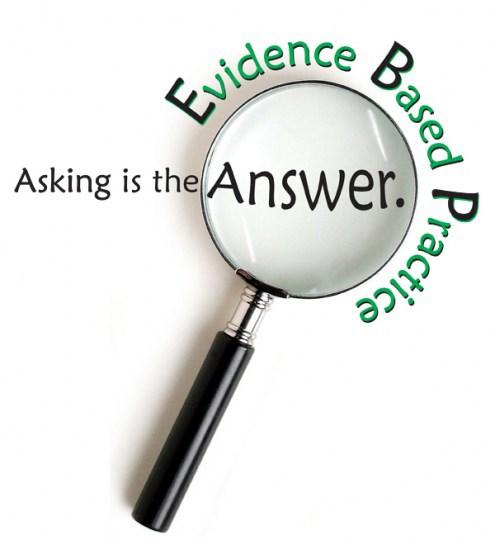
Educational Intervention For Evidence-Based Nursing Practice
An educational intervention is a new program, instructional technique, course or curriculum that seeks to reform an older practice or system. It introduces own methods that aim at influencing the intellectual, physical and moral development of human beings to ensure that there are proper training and education.
Evidence-based nursing practice (EBPN) is the provision of nursing care based on clinical experience combined with the most recent and relevant research on the area. It aims at helping nursing practitioners to make better decisions with EBP (evidence based practice) as the foundation. EBPN implements the most current methods of care provision that has been proven through assessment of high-quality studies and research findings that are statistically significant.
Implementation of Educational Intervention for Evidence-Based Nursing Practice
EBN's goal is to improve the health and safety of their patients while providing care using the most cost-effective methods to improve the outcome of a patients and healthcare system. The foundation of EBPN process is collecting, interpreting, appraising and integrating of the valid, applicable and clinically significant research. You can separate the evidence for making a clinical decision or changing practice into several levels differing due to the type of study and quality level. Proper EBPN implementation requires the collaboration and utilization of the following:
- Knowledge of the nurse
- Patient preferences
- Evidence from multiple studies
- Knowledge of the nurse
- Patient preferences
- Evidence from multiple studies
The collaborated utilization is necessary to produce the appropriate solution for the task at hand. These are the skills that students learn in modern nursing education and a part of professional training.The evidence alone does not make any decision but helps in supporting the process of patient care. Full integration of all the above components into clinical decisions contributes to enhancing the opportunity for finest clinical outcomes and the quality of life.
Nursingwritingservices.com is the best in Writing your Nursing Paper? Just click Order Now button and follow onscreen instructions.
Patient encounters that generate questions about effects of therapy, the utility of diagnostic tests and diseases prognosis usually trigger the practice of EBP.Implementation of EBPN requires the clinicians to have new skills including an efficient search of the literature, application of formal rules of evidence when evaluating clinical literature.
Importance of Evidence-Based Nursing Practice
- Provides most effective care relying on the resources available in improving patient care
- Promotes the tendency by health professionals to make them ask whether the evidence they have from EBP is guiding them to provide better service. It enables health professionals to realize that availability of best evidence informs their work and is a part of providing the most professional service.
- Helps in optimal use of the health resources and consideration of all relevant evidence during decision-making process on funding of the health services
- Promotes usage of the most recent methods of nursing practice. Before the introduction of evidence-based practice nurses got advice from experienced health professionals and class lessons although some may be out of date. Advice from experienced colleagues could also have some inaccuracies.
The Future of Educational Intervention for Evidence-Based Nursing Practice
EBPN allows nurses to enrich their clinical education and experience through the current research. A significant amount of information and research exists in nursing fields thus this approach to nursing has a great future. It allows nurses to search, assess and apply this literature to the clinical situations.
It has a bright future as it has a constant concern with the mistakes and shortcomings that happen in daily clinical nursing care thus demonstrating the areas that require improvement.
About educational intervention, the teaching of EBPN requires current knowledge of evidence-based practice and a reflection on the role of nursing teachers. EBP in nursing education requires the explicit and meticulous use of the best and present findings in making decisions about performing the role of a nursing teacher and learning the need by the students.
Organizations that are truly looking forward to advance have a reason for advancing and sustaining EBPN to stimulate a strong belief for health care providers that evidence based practice introduces ways to improve care and enhance outcomes.

